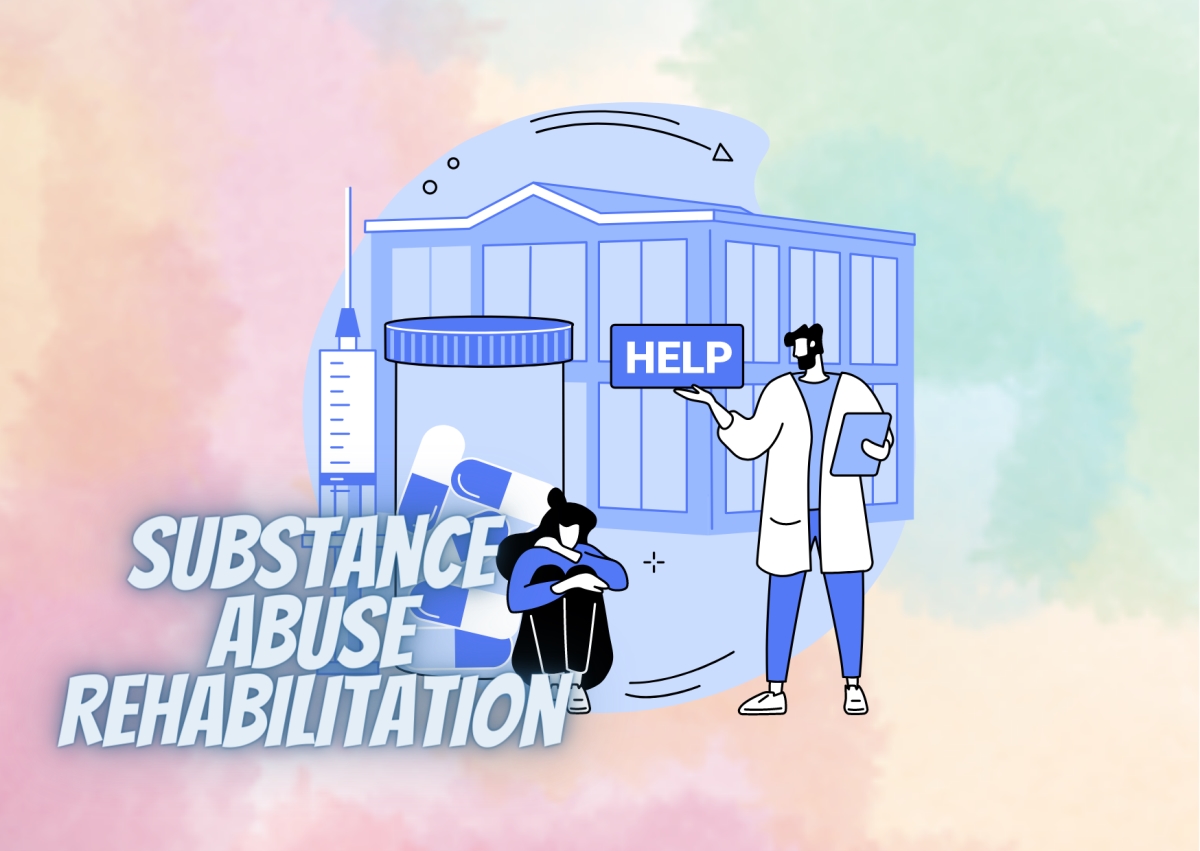The Value Of Trust In Substance Abuse Rehabilitation
Substance abuse is a complex and challenging problem that affects millions of people worldwide. Recovery from substance abuse is not an easy process, and it often requires professional help and support. Substance abuse rehabilitation is a vital aspect of the recovery journey, and it involves various treatments and therapies aimed at addressing the underlying issues that contribute to addiction.
However, the success of substance abuse rehabilitation largely depends on the establishment of trust between the individual in recovery and the professionals providing treatment. Trust is a crucial element that can foster a sense of safety, security, and comfort, which are all critical factors in achieving successful recovery. In this blog post, we will explore the value of trust in substance abuse rehabilitation and how it can positively impact the recovery journey.
Drugs or alcohol have an impact on the addict’s mental process. In the context of addiction, secrecy, dishonesty, and lack of accountability flourish. Also, the addiction has an emotional impact on everyone associated with the addict. One of the crucial components of a relationship that is broken is trust. It is possible to establish trust in addiction rehabilitation with effort and dedication on the parts of all parties.
The Value of Trust When a newly detoxed addict starts therapy, the value of trust in addiction recovery persists. During individual therapy, a therapist and addict can establish a crucial bond. When the addict’s self-confidence grows, they are able to articulate their inner truth, and self-discovery starts. The therapist offers suggestions for probing the genesis of the addiction.
Group therapy is a manifestation of trust in addiction rehabilitation. Members of the group must first develop trust in order to discuss shared anxieties and experiences. Next, group monitors foster trust by facilitating discussions that foster development. Increased trust is a result of deeper conversations.
With the help of the addict’s family and close friends, the importance of trust in addiction rehabilitation continues. On many levels, forgiveness might start to emerge. To start the process of renewal, both the addict and the family must learn to forgive themselves. In order to avoid relapsing throughout therapy, family support is essential.
Commitment and Trust in Recovery
In addiction treatment, relapse prevention is of utmost importance. The National Institute on Drug Addiction reports that 40 to 60% of those who are in recovery experience relapse. To avoid relapse, the supportive family must establish a healthy level of trust with the addict. Asking non-intrusive inquiries can help clarify the commitment even though maintaining trust in addiction rehabilitation is challenging.
If the majority of these questions are yes, then the family can be certain that the commitment to uphold sobriety is real. The rehabilitation from addiction must be believed in by all parties. Being supportive means remaining honest and being upbeat and motivating. Observable indicators of an addict’s level of sobriety commitment include:
- Does the addict regularly attend both individual and group therapy sessions?
- Does the loved one appear enthusiastic and involved in the healing process?
- Is the treatment regimen being followed?
- Is the loved one of the addict interacting with the complete support network?
